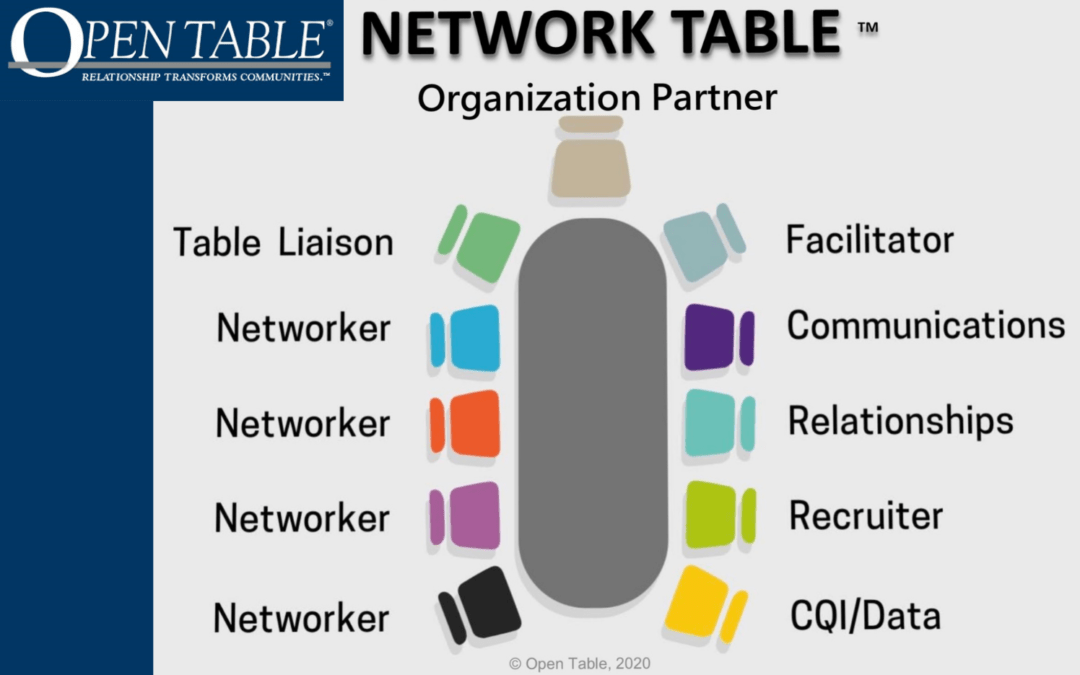Grantor Name: Maryland Community Health Resources Commission (CHRC)
Program Name: Primary Care Practice Social Determinants of Health (SDOH) Support Initiative
Grant Amount: $200,000
Recipient Name: Stone Run Family Medicine (in Rising Sun, Maryland) is the lead for profit grantee (and not our client). Our client, Open Table, is the collaborating nonprofit.
Overview of Use of Funds: Good Works Grant Writing is thrilled to congratulate our client, Open Table and lead implementing partner, Stone Run Family Medicine, for being selected to receive $200,000 in state funds from the Maryland Community Health Resources Commission (CHRC). Funding will support a pilot initiative to employ the evidence-based Open Table™ Model to enable a primary care practice to secure better health outcomes for individuals, families, and the community at large. Stone Run and Open Table will leverage community social and relational networks to provide support for patients with multiple Social Determinants of Health (SDOH) needs that often cannot be obtained through safety net programs. The project will implement an Open TableÒ Model called Network Table, a trained team of community volunteers (operating virtually or in-person) recruited from civic organizations, faith communities, businesses and other sectors.
Overview of Grant Objective/Impact: The Primary Care Practice SDOH Support Initiative has three goals: 1) Improved Utilization of Healthcare Services through Network Table Supports; 2) Increased Access to and Utilization of Resources to Help Social Determinants of Health; and 3) Sustainable Capacity of Network Tables Developed in Medical Practices across County and State. Success of the Primary Care Practice SDOH Support Initiative will be determined based on: 1) Return on Investment (ROI); 2) the physical and mental health improvements reported by Network Table members; 3) the number/type of SDOH barriers removed for members; 4) healthcare expenditures for Medicare members; 5) hospital admissions of members; 6) a comparison with practice patients who opt out of Network Table supports; 7) the rates of medical appointment attendance and medication adherence; 8) the number of individuals completing Network Table training; and 9) qualitative inputs from practice staff and key stakeholders.

